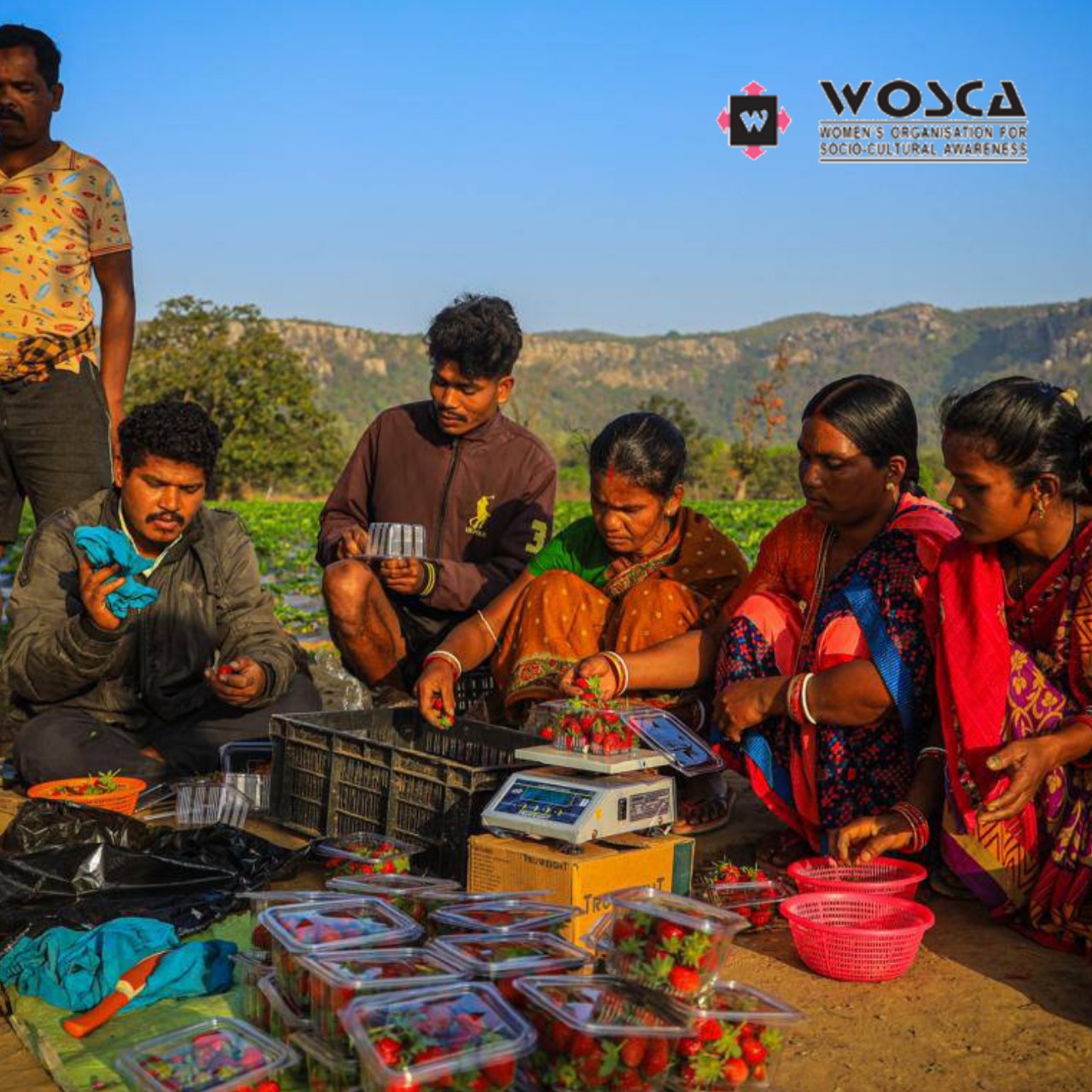The Infant and Young Child Feeding (IYCF) Initiative was a transformative program aimed at improving child nutrition and caregiver education through capacity building and community engagement. By equipping frontline functionaries with essential knowledge and skills, the initiative empowered them to provide effective counseling and support to families in adopting optimal feeding practices for infants and young children.
Key Focus Areas & Achievements
Empowering Frontline Workers: Through targeted training, frontline health workers gained expertise in educating caregivers on critical early feeding practices, ensuring timely breastfeeding initiation within the first hour of birth and promoting exclusive breastfeeding for the first six months to strengthen growth and immunity.
Enhancing Caregiver Knowledge: The initiative emphasized nutritional counseling, guiding caregivers on the timely and appropriate introduction of complementary feeding beyond six months. This approach ensured a smooth transition to solid foods, reducing risks of malnutrition.
Sustainable Health Improvements: Through continuous support and community awareness programs, caregivers received personalized guidance to foster healthy feeding habits, leading to improved nutritional outcomes for infants and young children.
Building Resilient Communities: By strengthening local health systems, the initiative successfully embedded nutrition-focused practices into community structures, fostering long-term sustainability and ensuring families had access to credible information and guidance.
The IYCF Initiative not only enhanced the capacities of frontline functionaries but also transformed feeding practices across communities, ensuring better health and development for infants and young children. Its impact continues to resonate, as caregivers carry forward nutritional knowledge that fosters healthier generations and sustains positive feeding behaviours within families.





